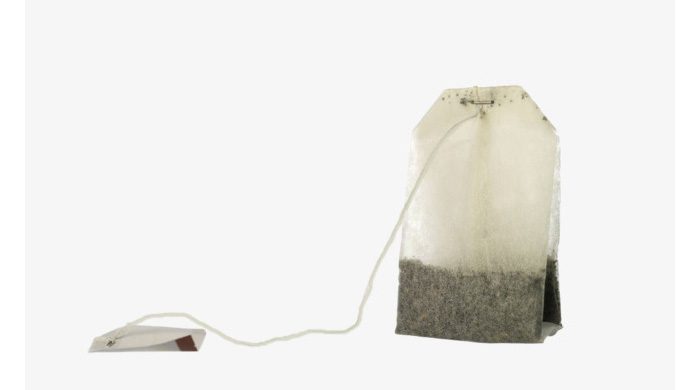Beware of Lead Contamination of Tea Leaves

I am a tea lover just like many people are. I do lean towards drinking various herbal teas for their various health benefits. I drink a lot of soursop tea because I like a hot beverage and because of its cancer fighting properties. I also lean towards herbal teas because they do not contain caffeine.
Many people are accustomed to drinking what we consider to be regular tea, which does contain caffeine. Heavy caffeine consumption can lead to high blood pressure,[1] heart attacks,[2] indigestion, infertility in women,[3] and insomnia.
Besides the normal problems that come with regular tea consumption, which consists of white tea, green tree, black tea, and oolong tea, you now have to be concerned with consuming lead with your non-herbal tea.
China is one of the world’s biggest exporters of white tea, green tree, black tea, and oolong tea. These teas are all made from the leaves of an Asian Camellia sinensis evergreen tree.
China is one of the world’s biggest exporters of these teas so you have to be cautious about consuming lead. China burns around half of the world’s coal sending heavy metals like lead and mercury into the atmosphere, and a large amount of lead settles back into the soil and is absorbed by the evergreen tree.
White tea, green tree, black tea, and oolong tea from China contain higher levels of lead than what would be normally found in these tea leaves. Each tea has and releases different levels of lead, but green tea releases the lowest levels of lead out of the 4 teas.
Why take a chance with these teas anyway? If lead contamination weren’t an issue the caffeine in these teas would still be an issue. Luckily herbal teas are available and they don’t contain caffeine.
[2] Coffee linked with increased cardiovascular risk in young adults with mild hypertension
[3] 8 Ways to Boost Your Fertility






